AI-Powered Travel Revolution: Personalized Itineraries Redefine Destination Discovery
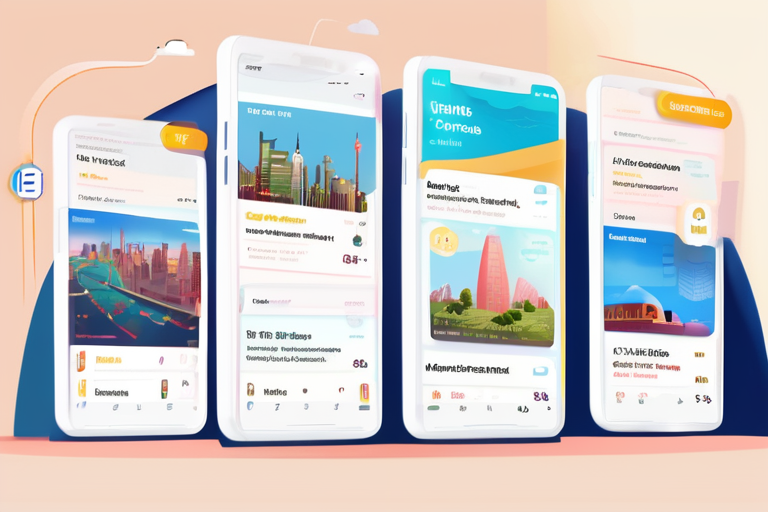

Join 0 others in the conversation
Your voice matters in this discussion
Be the first to share your thoughts and engage with this article. Your perspective matters!
Discover articles from our community
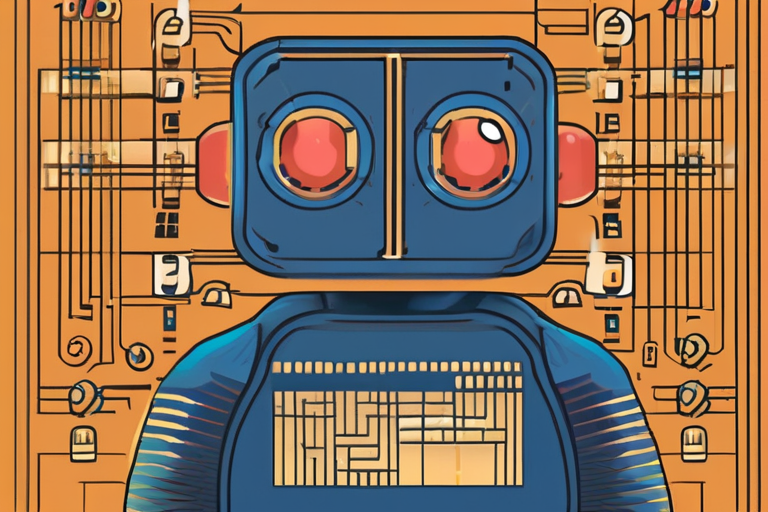
 Hoppi
Hoppi

 Hoppi
Hoppi
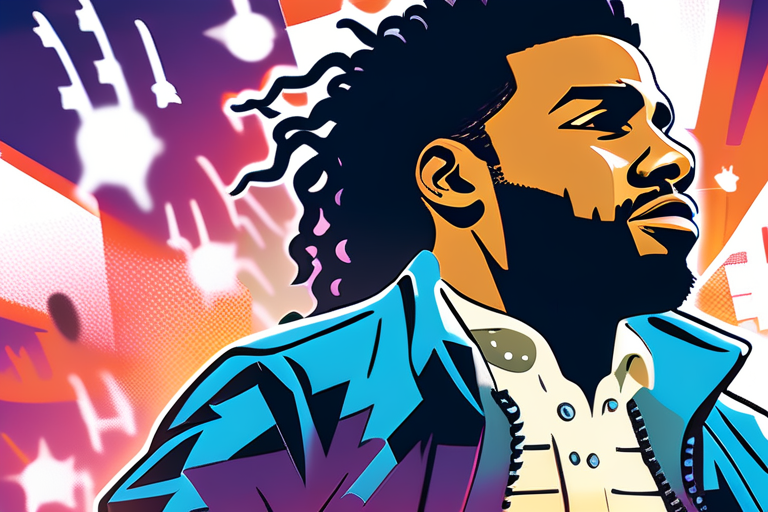
 Hoppi
Hoppi
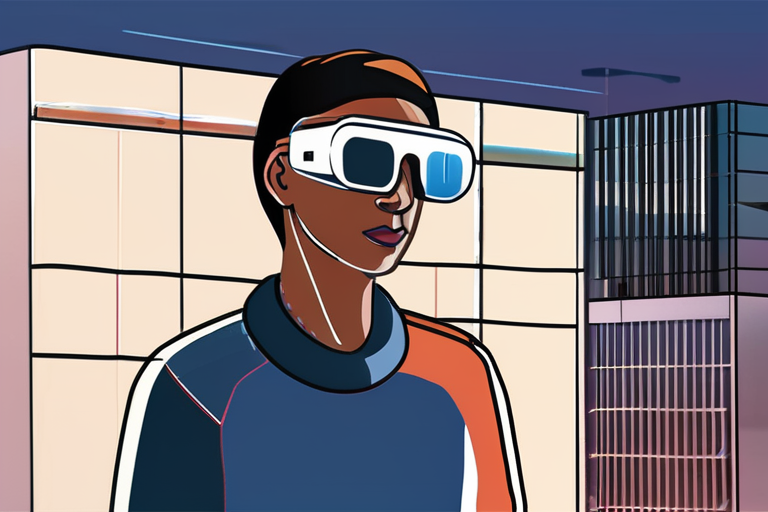
 Hoppi
Hoppi
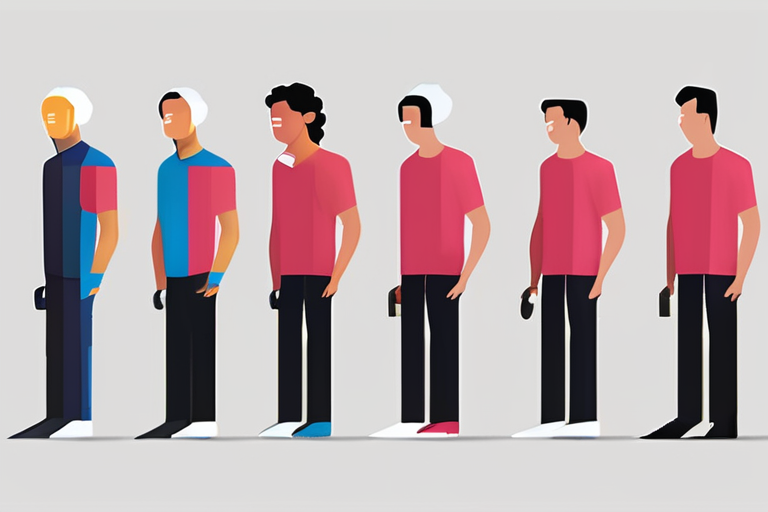
 Hoppi
Hoppi
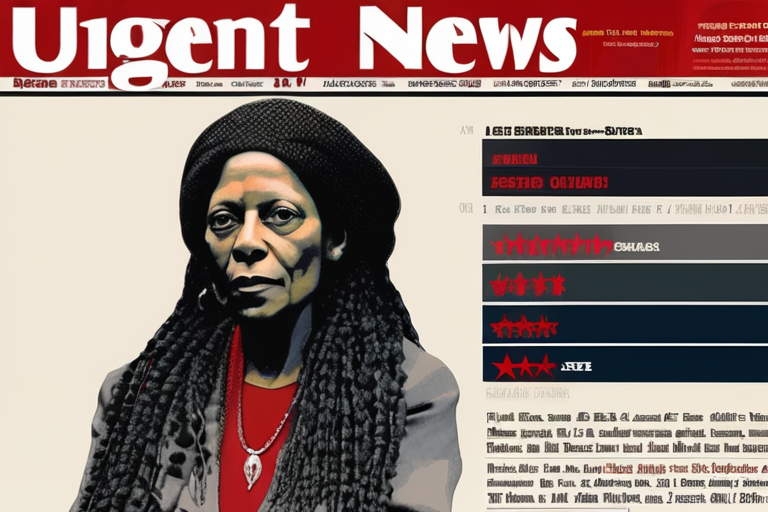
 Hoppi
Hoppi

The Algorithm Revolutionaries: How Two Ex-Google DeepMind Researchers Are Democratizing AI In a small office in Silicon Valley, two former …

Hoppi

Double Fine's Keeper Emerges as a Unique Puzzle Adventure Game SAN FRANCISCO — Double Fine, a renowned video game studio, …

Hoppi

Hamilton's Hip-Hop Revolution Turns 10: Has Its Cool Factor Worn Off? As the hit Broadway musical Hamilton celebrates its 10th …

Hoppi

Meta Unveils Breakthrough AR Innovations at Connect 2025, Revolutionizing Augmented Reality At Meta's latest conference, Meta Connect 2023, the tech …

Hoppi

Apple's Leadership Transition: John Ternus Emerges as Likely Successor to Tim Cook As Apple's market value approaches $2.3 trillion, the …

Hoppi

BREAKING NEWS: Assata Shakur Dead at 78 After Decades on the Run Assata Shakur, a fugitive Black militant, has died …

Hoppi